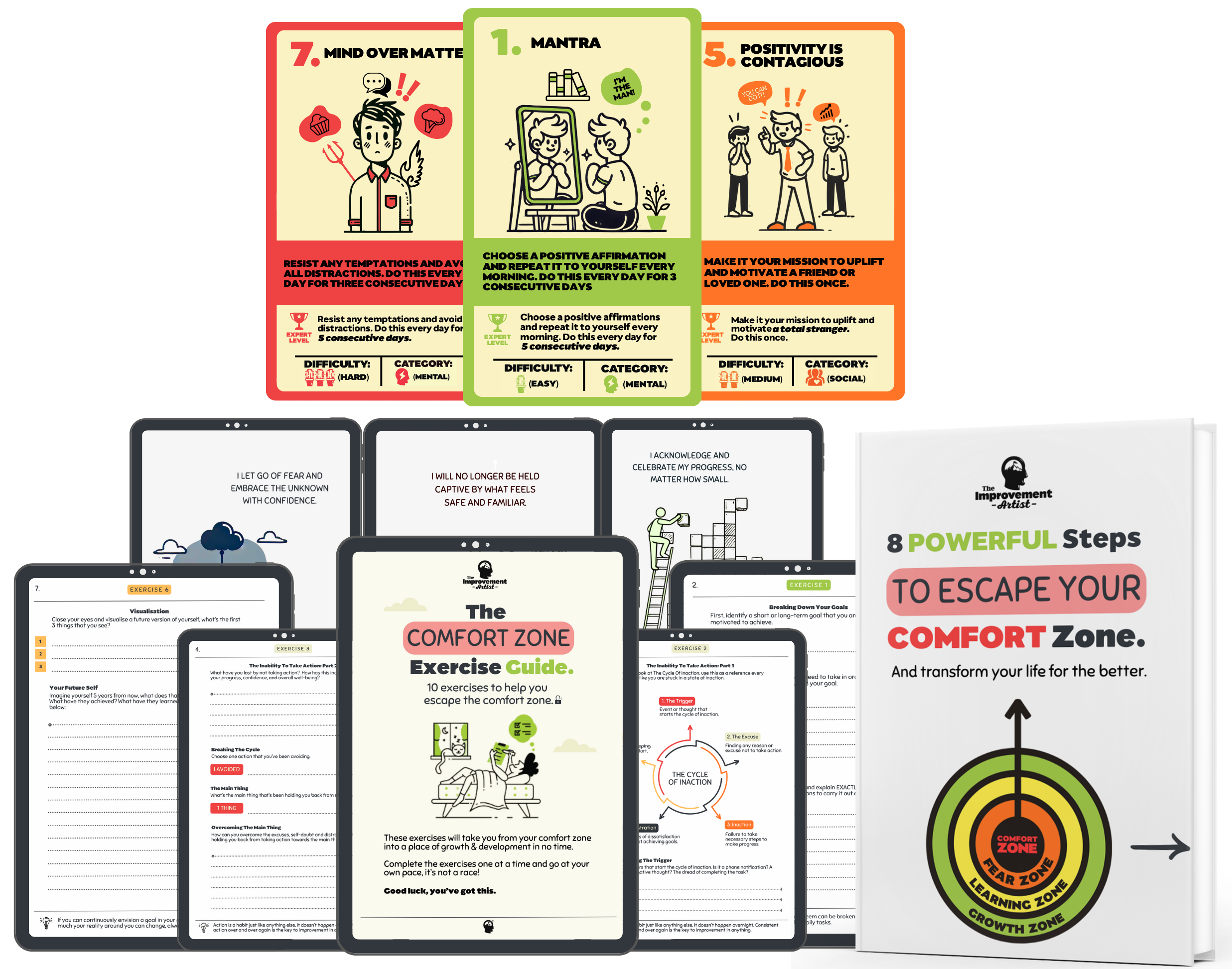Depression is a serious mental health issue that affects millions of individuals worldwide.
Its impact extends beyond the individual experiencing it, often affecting their relationships and support systems.
Understanding how to help someone with depression effectively is essential for their well-being and recovery.
In this blog post, we’ll explore practical steps and strategies to help you provide meaningful support to your loved ones battling depression.
Understanding Depression
Depression is not simply feeling sad or blue; it is a complex mental health disorder that involves a persistent feeling of sadness, hopelessness, and loss of interest in activities once enjoyed.
Symptoms of depression include:
Changes in appetite or weight
Sleep disturbances
Fatigue
Difficulty concentrating
Feelings of worthlessness or guilt
It’s crucial to recognise these signs and understand that depression is not a personal weakness but a medical condition that requires treatment and support.
Steps to Support Someone with Depression
1. Educate Yourself
Understanding the symptoms, causes, and treatment options for depression can help you provide more effective support.
Take the time to read reputable sources, such as articles from mental health organisations or books written by experts in the field.
Additionally, consider seeking guidance from mental health professionals or attending workshops or support groups focused on depression.
Learn more on what well-being is and how to improve it here.
2. Listen and Communicate
Be a compassionate listener and create a safe space for your loved one to express their feelings without judgment.
Avoid offering unsolicited advice or trying to “fix” their problems; instead, focus on validating their emotions and offering empathy and support.
Encourage open and honest communication and let them know that you are there for them whenever they need to talk.
3. Offer Practical Help
Help your loved one with everyday tasks such as cooking, cleaning, or running errands.
Offer to accompany them to appointments or therapy sessions if they feel overwhelmed or anxious about going alone.
Small gestures of kindness and support can go a long way in showing your loved one that you care and are there to help.
You may find some parts of our blog on how to help someone with anxiety useful here.
4 . Encourage Professional Help
Encourage them to seek help from a qualified mental health professional, such as a therapist, counsellor, or psychiatrist.
Offer to help them research treatment options or find a therapist who specialises in treating depression.
Let them know that seeking help is a sign of strength, not weakness, and that you will support them every step of the way.
Visit the NHS website for more information and resources if you or your loved one needs professional help.
5. Be Patient and Persistent
Your loved one may experience setbacks or resistance to treatment, but it’s crucial to remain supportive and understanding.
Offer encouragement and reassurance, and let them know that you are there for them no matter what.
Avoid placing pressure on them to “get better” quickly or to meet specific expectations; instead, focus on being a source of comfort and stability in their life.
6. Take Care of Yourself
Take breaks when needed, and seek support from friends, family, or a therapist if you feel overwhelmed or burnt out.
Engage in self-care activities that help you recharge and rejuvenate, such as exercise, meditation, or spending time in nature.
Remember that you cannot pour from an empty cup, so taking care of yourself is essential for being able to effectively support your loved one.
Take a look at our article on our best 7 ways to dea l with pressure here.
How to Help Someone with Depression with Our Self-Improvement Resources
In addition to the steps outlined above, utilising self-improvement resources can be highly effective in supporting someone with depression.
At The Improvement Artist, we offer various tools designed to aid mental health and personal growth.
Here are a few ways our resources can help:
Cards Beyond Comfort:
These challenges can provide a sense of accomplishment and progress for someone struggling with depression.
Learn more about how to boost motivation with our 3 easy ways to boost your motivation guide.
The Self-Improvement Journal:
It offers a structured way for individuals to reflect on their feelings, set achievable goals, and track their progress.
Shop Our Self-Improvement Resources Here
Conclusion
Supporting someone with depression requires patience, empathy, and understanding.
By educating yourself, fostering open communication, and encouraging professional help, you can make a positive impact on their journey towards recovery.
Remember to prioritise your own well-being and seek support when needed.
Thank you for reading our blog on how to help someone with depression.

